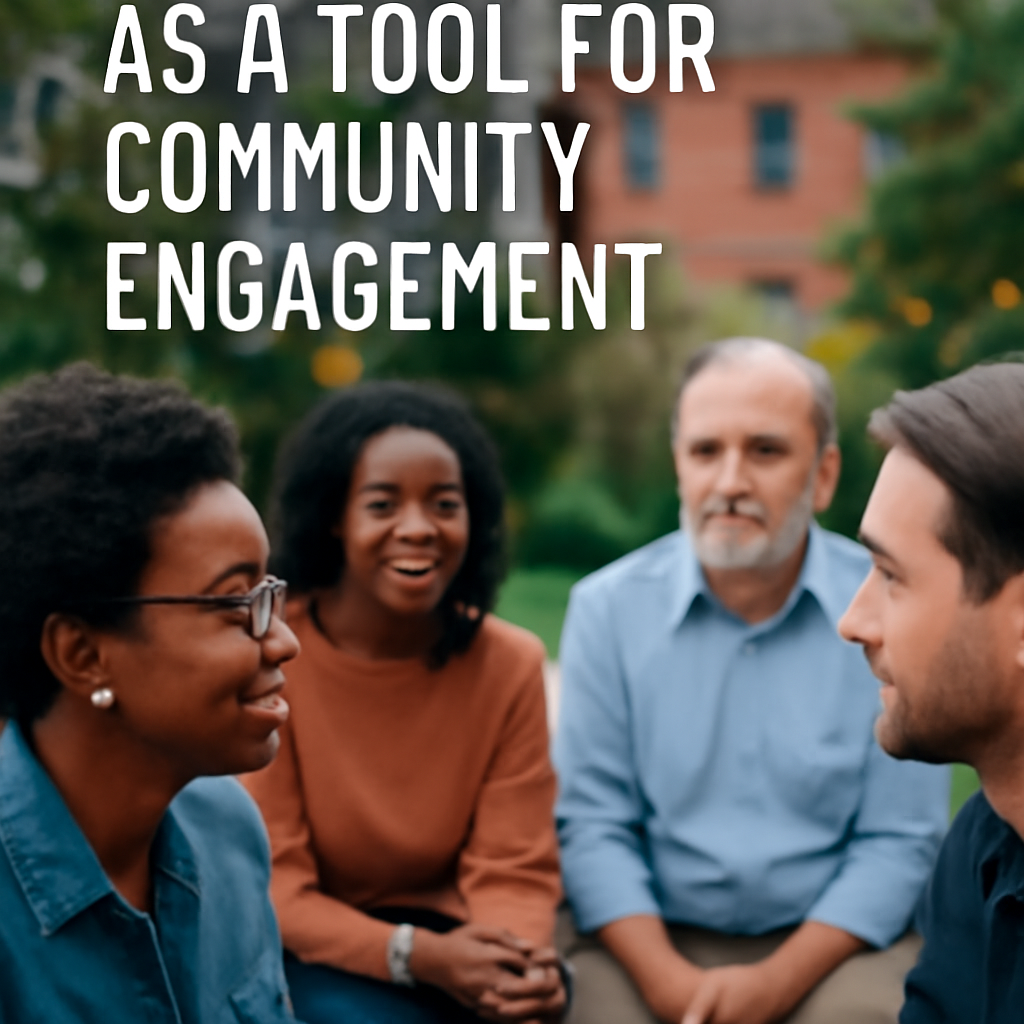Location
Mount Vernon, WA 98274
Location
Mount Vernon, WA 98274

In an era where communication often feels fragmented, active listening emerges as a transformative tool for community engagement. This article explores how fostering genuine conversations can bridge gaps between diverse groups, enhancing social cohesion and mutual understanding.
In today’s fast-paced world, where social media often dominates interactions, the art of listening has become a rare commodity. Yet, community leaders and social activists are discovering that active listening can be a powerful catalyst for change. By creating spaces for open dialogue, communities are not only addressing pressing issues but also fostering deeper connections among residents.
Active listening goes beyond merely hearing words; it involves engaging with the speaker, understanding their perspective, and validating their feelings. This practice encourages individuals from diverse backgrounds to share their experiences, ultimately leading to more inclusive decision-making processes. For instance, community forums that prioritize listening sessions have shown significant improvements in local engagement. Residents feel heard and valued, which in turn motivates them to participate in initiatives that affect their lives.
One notable example is the ‘Listening Circles’ initiative in various urban centers, where facilitators guide participants through structured conversations. These circles have proven effective in addressing community concerns, from local safety issues to educational needs. Participants report feeling a sense of belonging and empowerment, as their voices contribute to shaping community policies.
Moreover, active listening can bridge generational divides, fostering intergenerational dialogue that enriches community ties. Younger members can share their innovative ideas while older generations offer wisdom and historical context, creating a rich tapestry of perspectives. By valuing each voice, communities can cultivate a culture of respect and collaboration, essential for tackling shared challenges.
The impact of active listening extends beyond individual conversations; it can reshape community identity. When residents feel their opinions matter, they are more likely to take ownership of their community, leading to increased volunteerism and participation in local events. This sense of agency not only strengthens community bonds but also enhances resilience in the face of adversity.
As we navigate complex societal issues such as climate change, economic inequality, and social justice, the ability to listen actively and empathetically becomes crucial. Communities that prioritize listening as a foundational practice are better equipped to innovate, adapt, and thrive in an ever-evolving landscape. In this way, the simple act of listening can transform not just conversations, but the very fabric of society.